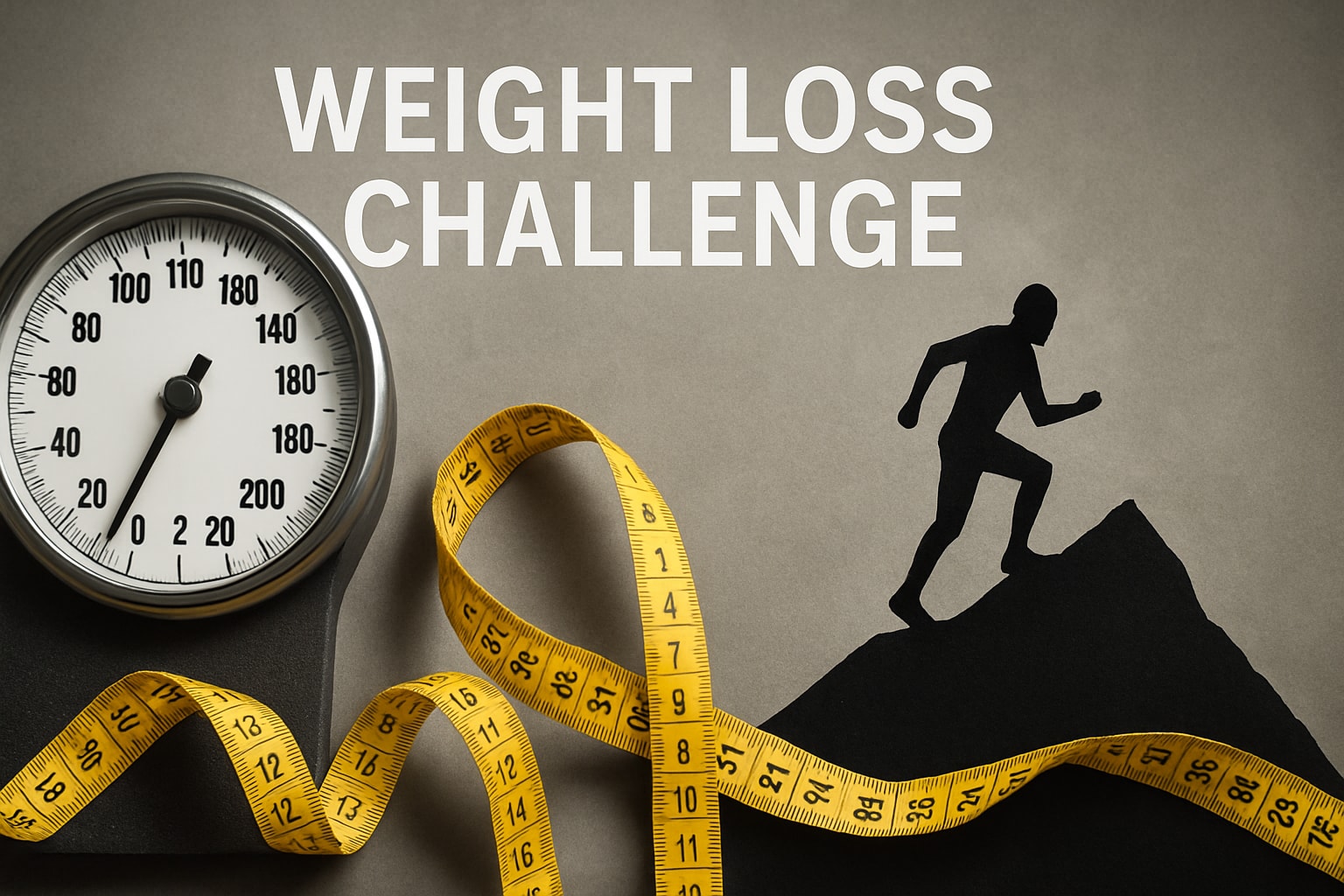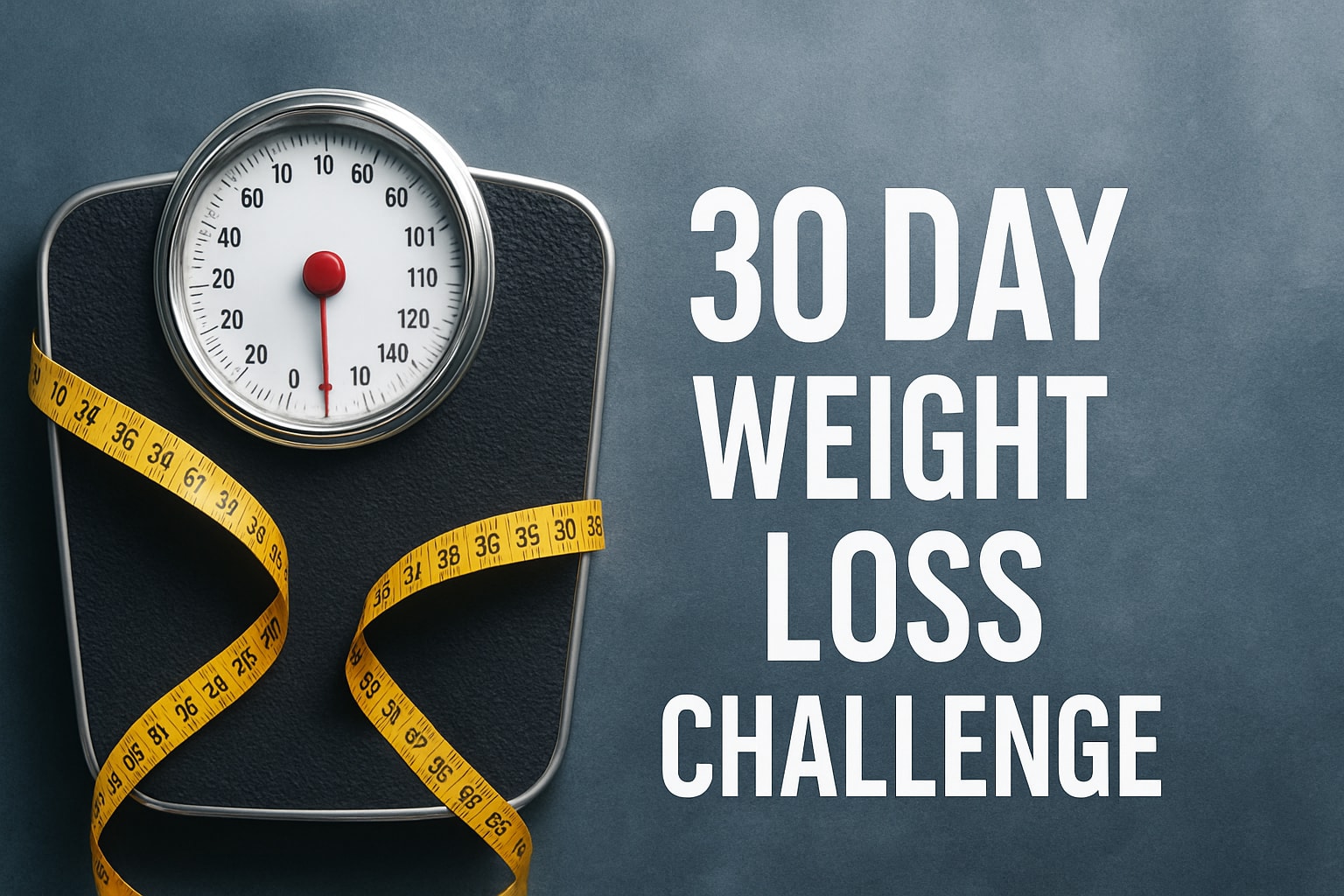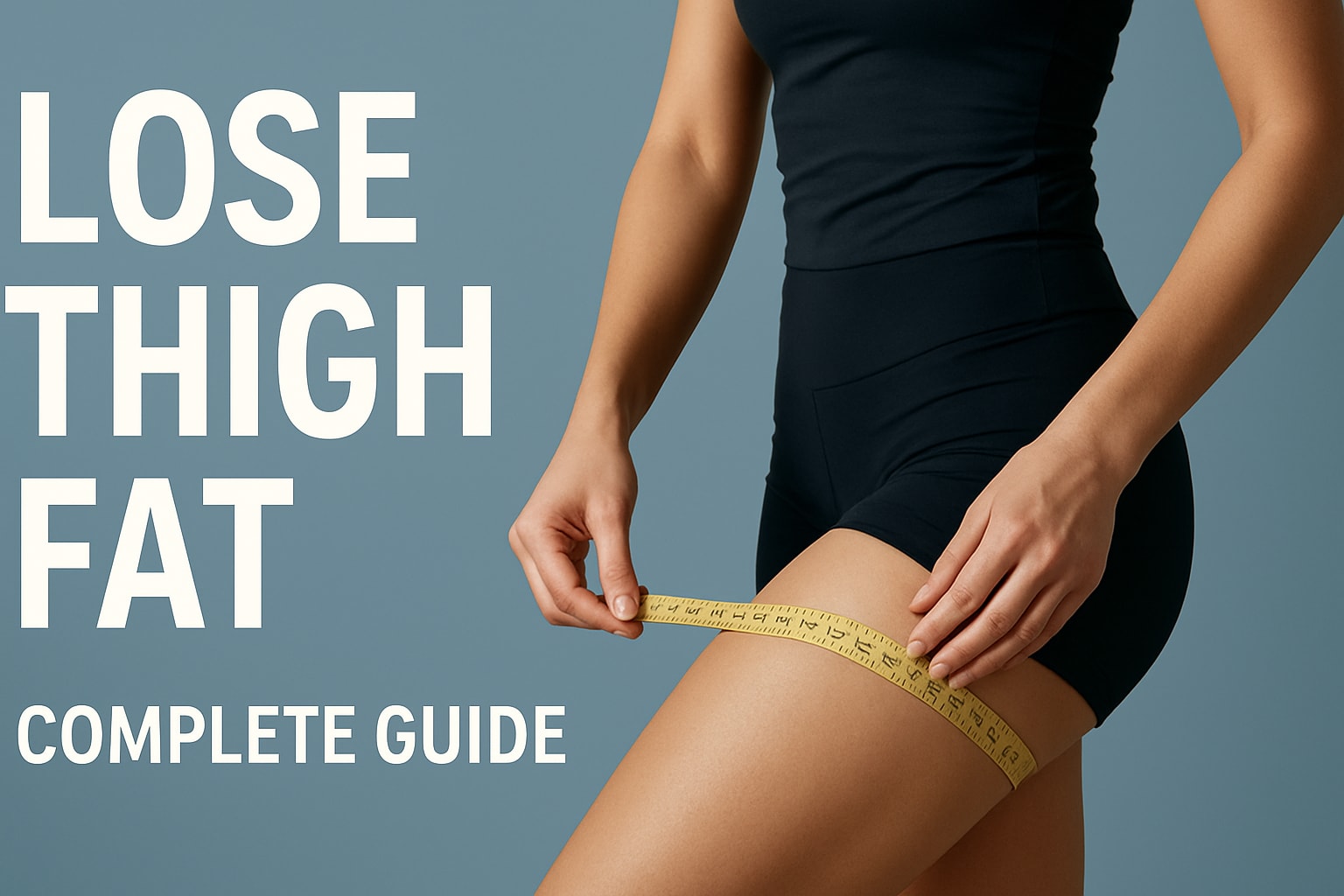Recently, experts across different disciplines have been endorsing self-hypnosis as an effective tool for addressing psychological glass ceilings. Dr. Andrew Huberman, a neuroscientist at Stanford University and the host of the Huberman Lab podcast, has been a vocal supporter of using self-hypnosis to improve both mental and physical health. Author and motivational speaker Tony Robbins is known for including self-hypnosis techniques in his teachings on personal growth. Celebrities like Lily Allen, Fergie, and Olivia Munn have also publicly supported using hypnosis for weight loss, crediting it with their own personal success. Why is such an unusual concept receiving so much praise?
The answer lies in its effectiveness in helping people overcome mental hurdles, which are often the main blockers in weight loss, not physical limitations. It just so happens that self-hypnosis is very good at addressing these barriers.

For example, the majority of people want to lose weight out of shame rather than positive motivations, which inevitably leads to failure. Self-hypnosis tackles that head on—it's not brainwashing, but a method of reinforcing positive affirmations in a state of heightened awareness, similar to meditation.
Read on to discover why hypnosis for weight loss is so effective and how we've used this as the basis to build our app, Oneleaf, now empowering millions to transform their lives.
What is Self-Hypnosis?
Typically, a hypnosis session begins with you finding a comfortable spot and starting some deep breathing exercises guided by a therapist. As you relax more and more, the therapist helps you visualize peaceful places and introduces healthier ways of thinking to replace any negative patterns. This deep state of relaxation, often called a trance, helps these new ideas settle into your subconscious, making them more effective and lasting.
Self-hypnosis works the same way, where it differs is that you guide yourself into this calm, focused state, through a technique similar to meditation. In this relaxed state, your mind is more open to suggestions, and that's when you can gently introduce positive thoughts and goals. People use it for all sorts of things, like reducing stress, breaking bad habits, and even losing weight. Think of it as giving yourself a pep talk that really sticks. By practicing self-hypnosis, you can help steer your thoughts and behaviors in directions that benefit you, making it a great tool for personal growth and self-care.
Evidence From A Randomized Controlled Trial Of 142 Participants
Research published in the "Obesity" journal in 2018 provides compelling evidence on the effectiveness of self-hypnosis in weight management. This study was a randomized controlled trial involving 142 participants who were either overweight or obese. They were divided into two groups: a control group that received standard advice on diet and exercise, and a self-hypnosis group that, in addition to the standard advice, was trained in self-hypnosis techniques aimed at boosting self-control before meals.
Throughout the 12-week study period, changes in body weight, body mass index (BMI), and self-reported quality of life were closely monitored. The findings were significant: participants in the self-hypnosis group lost considerably more weight compared to their counterparts in the control group. On average, the self-hypnosis group experienced a weight reduction of about 2.5% of their body weight, whereas the control group saw a modest average weight loss of around 0.5% of their body weight.
Success Stories from Lily Allen, Fergie, Olivia Munn
When it comes to weight loss trends, celebrities often lead the way. For instance, singer Lily Allen turned to hypnotherapy to curb her alcohol and junk food habits, which helped her drop two dress sizes. Former model Tziporah Malkah used hypnosis to lose nearly half her body weight, shedding an incredible 50 kg. Singer Fergie of the Black-Eyed Peas incorporates hypnosis into her routine to manage food addiction. Actress Olivia Munn uses hypnosis to stay motivated for regular gym visits, aiding her in staying in top shape. British singer and actress Claire Sweeney also benefited from hypnotherapy combined with diet and exercise to curb sugar cravings and lose pregnancy weight.
Inspired by these success stories? Keep reading to explore what the Oneleaf program offers and see if it might be the right fit for you.
Are There Any Risks of Self-Hypnosis?
When it comes to self-hypnosis, the main challenge is making sure you understand that it should be a part of a bigger plan. Self-hypnosis might finetune your mindset, but you need to follow it up with lifestyle changes to see long-term impact. In general, you can expect any of the following to happen when you start self-hypnosis.
Results May Vary: Just like any wellness hack, self-hypnosis works differently for everyone. Your experience might depend on how naturally receptive you are to hypnosis and how committed you are to the process. It’s not a one-size-fits-all solution, but many find it helpful!
Cannot Substitute Medical Advice: Think of self-hypnosis as a helpful buddy to your overall health plan. It’s great for boosting motivation and focus, but it's important to also take care of any medical issues with a healthcare provider’s help.
Balance Is Key: It’s easy to get excited about the benefits of self-hypnosis, but remember, it’s just part of the bigger picture. Keeping up with overall health routines like eating well and staying active is equally important.
What Does a Self-Hypnosis Program Look Like?

Wondering how hypnosis for weight loss actually works? Try it out with our app, Oneleaf. We've made self-hypnosis easy and fun by putting it into an app. We help address a variety of issues like weight loss, quitting smoking, building confidence, and sleeping better. With millions of users, our app is a tried and true way to get started with self-hypnosis. Curious? There’s a 7-day free trial to see if it's right for you.
Our 6-part Weight Loss Program covers the following:
- Part 1: Changing how you think about weight loss
- Part 2: Feeling good about eating healthy
- Part 3: Enjoying exercise
- Part 4: Thinking positively about food
- Part 5: Controlling cravings
- Part 6: Staying strong through tough times
Each part has a few short sessions. For example, Part 2: Feeling good about eating healthy, has these 6 sessions:
- "Heaviness of Carbs" – 17 minutes
- "Understanding the Urge to Eat" – 17 minutes
- "Appreciating Natural Foods" – 13 minutes
- "Managing Portion Sizes" – 18 minutes
- "Optimizing Food Availability at Home" – 18 minutes
- "Creating a Healthy Stomach" – 19 minutes
Curious to find out more? Download Oneleaf from the App Store and change your outlook on weight loss today.
Download the Oneleaf App Today
Hypnosis for weight loss is gaining major traction. By addressing the mental and emotional barriers, it offers a novel approach to weight loss that diet and exercise plans miss. Why not see if it could work for you? Download the Oneleaf app today and embrace the possibility of a healthier, more balanced you.

















